|
While people on the far left and far right of the political spectrum argue about gun reform, most agree that children have the right to be safe in school.
“I always felt that as adults, it’s our responsibility and our duty to make sure that our kids go to schools in a safe environment,” said Lori Alhadeff, whose daughter Alyssa was shot and killed at Marjory Stoneman Douglas High School in Parkland, Florida, on February 14, 2018. She said that before the shooting, she was a full-fledged soccer mom. “We lived in this bubble over here in Parkland. We call it the Parkland bubble.” She and many of her fellow moms mostly focused on their children, and whatever activities those kids were into as stay-at-home mothers. “You know, pack my kids’ lunch, put my tennis uniform on,” she said, noting that she was on a tennis team. “I’d go in and play tennis. Go to the grocery story, buy dinner for my family, come home cook dinner, clean the house, do laundry. And then my kids were coming home from school.” All that changed the day Alyssa did not make it home. Lori and her family became members in “this club that nobody every wanted to be in,” said Alhadeff. “I was in my own bubble, my own world… until my daughter was shot 10 times with an AR-15,” she said in tears. “That really opened my eyes to, you know, that it’s gotta stop. And by doing nothing and doing the same thing over and over is, you know, they say is the definition of insanity.” Instead of doing nothing, Alhadeff does a lot. She ran for school board on the platform of school safety, and won a seat. She considers herself a strong advocate for school safety on the Broward County Public School Board. “We have school shooting after school shooting after school shooting, and then these commissions come and they come out with these recommendations,” said Alhadeff, who has a masters degree in education. “I mean after Columbine, Sandy Hook, they all came out with these recommendations.” But recommendations are one thing; actions backed by real money are another. She said school boards often look at recommendations, and select a few of them, as if from a menu. “We can’t forget about the rest. So it’s my job to keep that in the forefront,” she said. “This came up in the last meeting because they were allocating funds for different initiatives, and school safety had zeros next to all of them.” Alhadeff questioned the superintendent and fellow board members, pointing out that they had a report with specific recommendations for the 200-plus schools in the district. She asked how they could follow through on those recommendations without assigning dollars to them. “It’s going to take money,” she said, “to accomplish those safety measures.” Alhadeff has also pushed for Alyssa’s Law, which requires that every school have a panic button to alert law enforcement of a threat at the school. It was recently enacted into law in New Jersey. She hopes to see the same in Florida. But this year, Florida legislators attached it to a bill to arm teachers, which Alhadeff is opposed to. “I can’t ask people to support something that supports arming teachers,” she said, hoping that next year Alyssa’s Law can stand alone and pass into law in Florida. Like all families who mourn their murdered children, Alhadeff’s life has changed drastically since Alyssa’s death. “Before I was just a stay-at-home mom” with a paper calendar, she said. “And so now I have two phones. I’m running a nonprofit organization. I have a secretary for the school board.” She has two Twitter and two Instagram accounts, and recently did an interview on The Today Show. “Plus I’m a mother of two boys, and a wife. So I wear a lot of hats.” The nonprofit she and her husband Ilan Alhadeff founded is Make Our Schools Safe, a nonpolitical organization that commits itself to improving the safety of schools and research on school safety. It stays away from gun-reform debates, however. “We don’t focus on the gun issue because it becomes too polarizing. People go to the right, people are left, and then they forget about making schools safe,” said Alhadeff, who says that her activism helps her healing. “Our children are required to go to school. So we (adults) need to be required to make sure that their school is safe.” She came up with the framework for the nonprofit soon after her daughter was killed. “Right after the tragedy, like my brain was on speed. Like, just going crazy,” she recalled. “I couldn’t sleep for weeks upon weeks. And I came up with this idea.” The organization also creates Dream Team clubs at schools, in which students become safety activists, each meeting the needs of their particular school. Currently they exist in Florida, New York, New Jersey, and at American University in Washington, D.C. The day after the shooting, Alhadeff gained notoriety after yelling into a live CNN camera, appealing to the president to take action to protect children. Later she said that, enveloped in grief, she had no idea what she was going to say. But when a reporter handed her a microphone, she found her words. “President Trump, you say, What can you do? You can stop the guns from getting into these children’s hands,” she screamed, tears streaming down her face. “What can you do? You can do a lot. This is not fair to our families and our children to go [to] school and have to get killed!” Alhadeff said the shooting has made the family closer, but at what cost. “I don’t think anybody has a recipe for when something so tragically happens to their sister that they, you know, know how you can respond appropriately. They have channeled their energies into their soccer,” she said of her two sons. Alyssa was also a devoted soccer player. As her family moves through the waves of grief, Alhadeff remains focused on protecting students from future shootings. “The bullets don’t discriminate,” she said softly. “The problem that we have in our country with guns is going to continue to be an issue until we unite as a country to demand change. And that we all take two steps to the middle to figure out what that change looks like, and compromise.” She cannot comprehend why this has not yet happened. “We hardened our airports,” she said of the now familiar safety checks. “And after every school shooting, ‘Thoughts and Prayers.’ But that’s not protecting our kids. Our children are continuing to die in our schools from gun violence. And we need to wake up.”
2 Comments
“Some find truth and purpose, and some find darkness and oblivion.”
A friend recently sent those words to Mitch Dworet, whose son Nicholas, 17, was murdered at Marjory Stoneman Douglas High School in Parkland, Florida, last winter. The quote resonated with him. “When you lose a child, there’s a lot of dark places,” said Dworet, 59. “It leads you into oblivion and/or you find purpose and are driven to other things. But it depends upon the day.” Mitch and Annika Dworet are the parents of Nicholas and Alex, both shot at school that day. Alex, then 15, still has shrapnel in his head, and like his parents deals with post traumatic stress disorder. Nick did not live through the massacre. I interviewed Mitch Dworet not long after the first anniversary of the mass school shooting that took place on Valentine’s Day, 2018. “It’s so fresh for me even though it’s been 14 months,” Dworet said, sitting in a Starbucks not far from the Stoneman Douglas High School, where Alex still attends school. “February 14 is just yesterday to me, you know. And I’m always thinking 24/7 about my son. Doesn’t go away. He was taken very violently and very quickly and I didn’t get a chance — I told him I loved him that morning, but I didn’t get a chance to do many things.” Mitch and Nick were close, sharing music and discussing wide-ranging topics. “You know, that last hug. Who would ever think (it would be) the last time?” he asked about never seeing your child again after the ordinary act of dropping him off at school. “You’d never think that. I don’t think much about the what-ifs anymore. Because that’ll really torture you.” He does still mourn the loss of Nick for himself and his family, of course, but also for the greater world, where Nick’s adult life will never come to be. “I always told Nick how proud I was of him, his accomplishments. I didn’t lose out on that. But I did lose out on seeing my son do so many things. (Becoming) a father, and getting into his career, accomplishing his swim goals,” he said. “He was becoming just this fantastic person, swimmer. Not only did I lose that day, and my wife and my family and my friends (also did), but we as a society here in America. I hate to go so big, but we lost that day. We all lost.” Dworet, wearing one of Nick’s T-shirts, said local swimmers write, “Swim4Nick” on themselves before swim meets. Nick was captain of the school swim team. A senior, he had signed to swim at University of Indianapolis, and dreamed of swimming in the 2020 Olympics. “So many people have heard about Nick, and what he accomplished in such a short time,” said Dworet, who has a tattoo on the inside of his left arm of Nick swimming the butterfly, wearing his favorite goggles. The Dworets created the charity Swim4Nick, which offers college scholarships for swimmers, and free swimming classes. “We created, my wife and I and my family, and the community, and so many people, created this wonderful, wonderful guy. Who happened to be my son. And his impact is everlasting.” Dworet recently visited the Pittsburgh Tree of Life Temple survivors to show his support. He also makes himself available to the press and sometimes speaks publicly about what gun violence ripped away from his family. “I do speak about it because I want to remind people that this can happen to you just like it happened to me,” he said. “I’m not special. I don't want this. But it will happen to you as easily as it happened to me and my family.” Still, while Dworet greatly admires the March for Our Lives activists and the fellow MSD parents who fight for gun reform, he would rather not be doing any of that. “To sit here and say all this stuff, that’s not my job,” he said, adding that every interview and public appearance is draining, taking energy he would rather spend elsewhere. “I’m a father. I need to move through my journey and recover, and find my resilience.” He said he and Annika are working together to find their footing, and to be there for Alex, who saw fellow students shot and killed that day. The family has been to trauma therapy, which Mitch calls invaluable. “My wife and I try and continue with some kind of normality in our world, in our home. We’re trying to also find our way through this. It’s a new way,” he said. “I have to honor my wife’s grief, and she has to honor my grief. So we have to be good for each other. And respect each other. And love each other. And we hope that Alex sees that. Because your children don’t want to see you, you know, suffering. And I know in my heart that Nick doesn’t want us to be suffering.” While the family makes appearances at “Swim4Nick” events, he does not push Alex to take part. “Nick and Alex were very close,” he said. “I’m standing there and giving a speech, and I want Alex to stand with us, and with my wife, and he feels like a target. There’s a lot that goes along with balancing out the 16-year-old, and — then if we go into the loud places, you know — with the PTSD. This is our new world.” Like many gun-violence survivors, Dworet said he has been buoyed up by the kindness and love of family, friends, and literally thousands of strangers who wrote supportive letters. Still, the pain, even with the new adopted “family” of fellow mourners, is sharp and complicated. “It gets very lonely being a survivor,” he said. “The loneliness and the depression. And the confusion. Loss of focus. It’s real. It’s raw. The PTSD. You have to deal with it every day. It doesn’t go away. Looking out into the world, seeing young families, it hurts. Yes, it’s beautiful. But it hurts because that’s what I had. Now I have to live a different life.” Dworet did not want to talk about the politics of gun reform, but he did say he has had it with those who spout gun rights while refusing to consider the grief of mourning families. “You cannot imagine how much strength it takes to walk in my shoes,” he wants to tell them. “And you could be this hero and talk about guns all you want, because all your kids are in place. You have kids to go home with. You can have Thanksgiving. You can have Christmas. You can have a future with your children. I don’t have the future with my son Nicholas. “I deserve to be a father again. And a husband to my wife. I didn’t choose this. It chose me,” he said. Mitch Dworet wants more time with his younger son Alex, who he calls his hero. “That’s the ultimate: To be a dad,” he said. “I want to get back to being a great dad.” Gun violence across the United States mostly affects the people who are shot, of course, and their families. A shooting upends lives, routines and perceptions of reality. But even those not directly impacted feel the ripples. Ordinary people who live in communities that have had mass shootings can come to view life in a new way.
“It bothers you to see that your friend or your classmate gets shot. That’s going to run you buggy, because that’s going to be something on your mind 24/7. That’s a soft spot. That’s your heart,” said Ruth Gadsden, a waitress in Charleston’s soul-food restaurant Martha Lou’s Kitchen. The tiny pink restaurant, which inside displays several photos of the former President Barack and Michelle Obama and a few of Martin Luther King Jr., serves meals like fried chicken, chitterlings, collard greens, bread pudding, washed down with sweet tea. “I would rather they outlaw guns, because we ain’t in the wild West no more. But the way it is now, we are in the wild, wild West. Because everybody just shooting,” said Gadsden, 65. “Back in the day — what happened to fist fighting?” As she handed me my dinner bill, Gadsden asked why I was in Charleston. I told her I was reporting on survivors of gun violence, and she had a lot to say. She felt sad for the people who lost family at the American Methodist Episcopal (AME) Church shooting nearly four years earlier. On June 18, 2015, nine people were shot and killed by a white supremacist at a bible study group in the AME Church, referred to as Mother Emanuel. “For everybody who done lost a child, a momma, a daddy, a brother, a uncle, that hurt,” Gadsden said. “And that pain you never recover from. You never, ever going to recover from that, because that’s a pain and a memory going to be with you the rest of your life.” Gadsden, whose mother opened the iconic Charleston restaurant three decades ago, also expressed strong feelings about people who leave their guns unsecured at home or in their vehicles. That action often leads to killings by shooters with stolen guns, which occurs every day in American cities across the country, including Charleston. “They are a gun owner. And they should take the penalty with it,” Gadsden said. “If the gun gets stolen, they need to serve time. Because they should have been more protective of that gun.” For another restaurant worker 550 miles south of Charleston, gun violence in the U.S. shocks her. “I love liv(ing) here in the United States,” said Estefany Sawmet, 34, a native of Columbia who has made southern Florida her home for five years. “When I move here, I feel safe. Totally different to my country.” Sawmet works as a manager and waitress at a Mexican restaurant in Coral Springs, Florida, a community adjacent to Parkland, and drives a florist’s delivery truck part-time. She said her native country is known for being dangerous, but shootings in Columbia are usually related to cartels or drugs — not mass shootings at schools or in churches. “In Columbia, I know happens bad things,” said Sawmet, whose second language is English. “But no kids, no school, no like, ‘I want to kill people.’ No, that don’t happen in Columbia. No concert (shootings). No, no like a homophobic thing.” She said the shooting at Marjory Stoneman Douglas High School in Parkland shook the Florida community to its core. She belongs to a church whose members joined many others in prayer near the high school after the shooting February 14, 2018. “We pray outside,” she recalled. “And we find a lot of flowers, a lot of toys, like (teddy) bears. And was so sad. Terrible.” The American holiday Valentine’s Day was new to Sawmet when she moved to the U.S. She said the special day is ruined for people of the greater Parkland area. “Every people here in United States celebrate Valentine’s Day, and nobody wants to celebrate,” she said. “It’s not a celebration now.” She said she watched people at the restaurant, church, floral shop and throughout the two communities react after the 17 Parkland high school students were killed, and another 17 were injured. “I think that day the people changed,” she said. “They don’t feel safe, they move (away), they scared. And everyone thinking about what? People don’t want to go to school with a shooting gun. It (was) like a nightmare.” Gadsden, in Charleston, also felt the shock wave move through her community after the shooting at the AME Church, the country’s first independent black church. “I don’t know all of them personally, but I have seen them and been in their company,” Gadsden said. She pointed out photographs on the restaurant’s wall of individuals killed in the shooting. “This is Myra (Thompson). I went to school with Myra.” The next person she pointed to was Cynthia Hurd. “She was a librarian. She was a sweet lady. And this guy, Daniel Simmons. He used to bring my uncle communion on Sundays.” She gazed at the photographs. “Everybody there, they didn’t deserve to die. None of them,” she said. “All of them sweet.” For Sawmet, in Florida, the horror of the Valentine’s Day high school shooting is something that will always stay with her, and she wants to make some kind of remembrance to honor those teenagers killed and wounded. “I’m not from here. But for me, I want to remember that day, like, every year,” she said. “I want to put a tattoo, maybe next year for Valentine’s Day: ‘Never Again,’” she said. Would it be in English or Spanish? “In English, obviously,” she said, wanting to connect in a supportive way to her new home. “A lot of people need to know what happened in the school.” For Gadsden, it comes down to good versus evil. “We need to show more love in the world,” Gadsden said, getting ready to take a to-go order. “That’s something we don’t have. Love. It’s a four letter word like hate. But love is more power because it soothes you and gives you a piece of mind. Hate you hold in your heart, and it weighs you down. So why not let it go?” 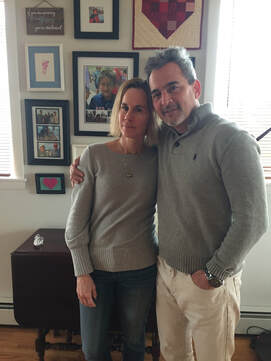 Kristin and Mike Song stand in front of a wall dedicated to their son Ethan. Kristin and Mike Song stand in front of a wall dedicated to their son Ethan. Journalists are supposed to keep a certain distance from our subjects, the people we interview. We let them feel our interest, our empathy even, but best keep our own emotions in check. At least that is what I tell my college journalism students. On the last day of their classes for the semester, I always hand out Tootsie Roll Pops. “Be hard on the outside, but soft on the inside,” I tell them. The lolly pops get a laugh, but the students know I mean it. So I have been watching myself with the 50-plus survivors of gun violence whom I have interviewed over the past nine months, 20-some within the past month. Especially talking with parents whose children were murdered in school, or in a neighbor’s house, or on a street just blocks from home. I find that keeping the hard shell is no longer working for me. Not that I’ve ever been an icy interviewer with a yardstick between the source and me. But this is the hardest professional thing I’ve ever done. Because, of course, my heart breaks for them. Every time. And there have been so many times, so many numb faces, so many tears, and so many parents. They are determined to live well and be good parents for their remaining kids — the siblings of the murdered children — and to find ways to create a living legacy for their slain ones. Then there are the single mothers of their only sons, now buried beneath the hard ground, as they battle out of depression, searching for reasons to live. All these houses are so quiet, they tell me. The sound of him or her clapping, or jumping down the stairs, or joking around or playing the once rather irritating music. All gone. Now back home in northern Arizona after a month’s reporting trip, I will go through transcripts, listening again to the stories. In the mean time, I finally let myself feel it. I suppose, it naturally caught up with me. I drove to the woods for a run, the radio tuned to National Public Radio’s “Live From Here” musical radio show. I stopped at a parking lot near the trail, a lot which also serves an inside ice-skating rink. Here I found myself surrounded by family vans and SUVs there for the youth ice hockey tournament. On the radio, the host talked about what his house was like that week with his wife and 3-year-old out of town. He said something like, “Here’s what it sounds like,” and then there was utter silence from the musicians. The audience laughed appreciatively. He continued talking about how wonderful the silence was at first, and how after a while it was no longer so great. He missed his family, his little one. He was lonely. Then the band played “Hard times, come again no more.” He sang, and the crowd joined in. I have heard it performed movingly by singers like Bob Dylan and Nanci Griffith. But actually this is a parlor song written in the 1850s by Stephen Foster, who was asking the more fortunate to help those with less. Hearing it on the radio that morning, though, it seemed to me like it was written for the parents of murdered children. That’s when my journalist Tootsie-Roll Pop husk melted away. In my mind’s eye, I saw every dead child’s parents who I have sat with, listened to, and sympathized with these past few weeks. I saw the children I’d never had the opportunity to meet, and nobody ever would again. The host’s jokes about the empty house would have been entertaining to me just a month ago. Now I no longer laugh about too-quiet homes. Because I’ve had so many parents tell me how their homes are too silent. “Life without him is, is pretty quiet. It’s like a(n) eerie quiet,” said Tisa Whack, of the Charleston area. Her 23-year-old son Tyrell was gunned down not far from home. Another mom told me their house I was sitting in was not the one in which they had raised their kids. “I would sit in his room all day long,” said Kristin Song, whose 15-year-old son Ethan was killed when playing with an unsecured firearm at a neighbor’s house. For months after his death, she could still smell him. Then one day, she says, his smell was gone. And it became too painful for her to stay in the house. Soon she talked to her husband. “I said, ‘I can't live here anymore.’ And so we literally sold our house I think in two days,” she said. It was too painful for her to stay in the house where she and her husband Mike had raised three children including Ethan, their youngest. They moved into the new house seven months after he died. Another family, whose daughter was killed in the Sandy Hook Elementary School shooting, has chosen to keep their daughter’s room just the way it was. “We just haven’t been ready to do it. To clear her stuff out just to make an empty bedroom doesn’t…” JoAnn Bacon began about Charlotte’s very pink room, her sentence fading. “Why? No.” As I sat in my car near the woods, listening to “Hard Times,” I finally cried. I let the images flow along with the tears. I rested my forehead on the steering wheel, hoping the young hockey players would not notice me as they clunked by on their huge, guard-covered skates toward the rink. Soon I was running in the woods, thinking of the parents and of the children who will never become adults. (And another school shooting occurred in Colorado this week, leaving more parents to grieve for their dead or injured children.) This blog is not about me, and I would never claim to feel the kind of pain that these parents do. But even outsiders and journalists feel the ripple effect. And in this era of mass shootings, neighborhood killings, random, accidental and suicide gun deaths, one has to feel something. So I did, and I do. After three weeks of traveling in the Southeast and the Northeast talking with survivors of gun violence, I am taking a break in a quiet corner of Vermont. Here, I am reflecting on my reporting. I am thinking about the many people I have met, the heartbreak I have encountered, and the incredible and varying shapes of people’s partial recovery and new paths. In two restaurants, I ended up doing unplanned, short interviews with employees, one in Charleston, the other near Parkland. Both of these women had opinions and feelings about the shootings that had shaken their communities. Neither of them knew the victims killed or injured, but when they heard about my project, they wanted to tell me about how the shootings had impacted their towns. A lot. Several people I interviewed were parents whose children had been shot dead in the schools of Sandy Hook, Connecticut, and Parkland, Florida. Both communities were also struggling with the ripple effect of suicide. Two parkland teens and one Sandy Hook father recently took their own lives, leaving the other families, teens and parents feeling gutted. Then, there were the two mothers I talked with whose sons had been shot in cold blood — in or near the neighborhoods where they lived. Several of the parents whose children had been murdered simply want to get back to focusing on being good parents for their remaining children. Moving through their deep grief, they regretted the way they felt diminished as parents for the children who lived, as they processed the loss of the ones who did not. I also met other shooting survivors, like the men who mourned their friends who had not lived through the Orlando shootings at the Pulse nightclub. I spoked to an elderly woman who survived the African Methodist Episcopal church (AME) shooting in Charleston. She continues to live with the memory of closing her eyes in prayer, only to hear gunfire, and opening them to see people around her being slaughtered. A White supremacist, the shooter, had been welcomed into the spiritual setting. I talked with teenager Holden Kasky in Parkland who was in school the afternoon of the shooting at Marjory Stoneman Douglas High School. He had just left his classroom that serves autistic students when the alarms sounded. His brother Cameron was with him, and the two boys were told by a teacher to get into a nearby classroom right away. He told me how he had worried about his friends being enclosed in a small room when bullets caused a lockdown, because one of his autistic classmates makes loud noises when stressed. Would that bring the gunman, he wondered and worried. He slowly told the story of the police with “really big guns” at the chaotic school scene, recalling broken glass everywhere. “Put your hands up,” he remembered the police shouting. Neither Cameron nor Holden were shot that day. Their father Jeff Kasky filled me in on the political action committee he and other parents of Douglas High School students started called Parents vs. Assault Rifles. And his son Cameron co-founded the student-led gun-violence prevention group Never Again MSD, and helped organize the now-famous March for Our Lives event against gun violence. A senior in high school, he and his activist classmates are still committed to their mission. Yet, they are also working to graduate from high school, perhaps go to prom, and are still just, of course, teens. “What’s so sad is when you meet them is that they’re just teenagers,” said Kristin Song, whose son Ethan died Jan. 31, 2018, at 15, as he was fooling around with a neighbor’s loaded gun and was killed. Song has met the Parkland students at gun-reform events. “When you just chat with them like this they’re silly and goofy and they’re talking about, like you know, graduation. And then when they’re on (stage), they’re like talking about these incredibly heartbreaking things. I felt so bad for them that all of that was robbed.” Song said when she visited with some of them in Washington, D.C., she complimented them on how assertive and articulate they were. “And they said, ‘Well, we have to be. We’re the hunted generation,’” she recalled. “I can’t even comprehend that.” The two mothers in Charleston who lost their sons, now work with other moms who are going through the same losses due to gun violence — their sons, too, were shot and killed. “I’m getting tired of moms picking up moms, moms picking up moms,” said Tisa Whack, whose 23-year-old son Tyrell Miles was murdered in Summerville, South Carolina, near Charleston in 2015. “If you reach the age of 25 in this area, it’s, it’s amazing.” She and another mother who lost her son to gun fire co-founded the group “We Are Their Voices.” The nonprofit “provides outlets, access and opportunities to help young men divert from negativity in an effort to end gun violence,” the website states. Later this month I will be home, sifting through the many interviews I have done with survivors of gun violence since last summer, shaping them into articles or chapters or blog posts. And I will let the people who temporarily let me into their lives tell their own stories. One of the main lessons I have gained from this latest reporting journey, is the way gunfire impacts so many people on different paths of life, in various neighborhoods, and at what were once the unlikeliest of places. Then, within the past week, two big-headline shootings took place: one in a California Synagogue, another at the University of North Carolina in Charlotte. And during that time, far too many of other young people were shot and killed in their own neighborhoods, sparking only local stories, if any at all. Gun violence is all around us, and close by, and people are learning how to cope. Or not. |
AuthorMary Tolan is a fiction writer and journalist. Her first published book Mars Hill Murder, a mystery set in Flagstaff, will be published by The Wild Rose Press in autumn of 2023. Archives
May 2023
Categories |
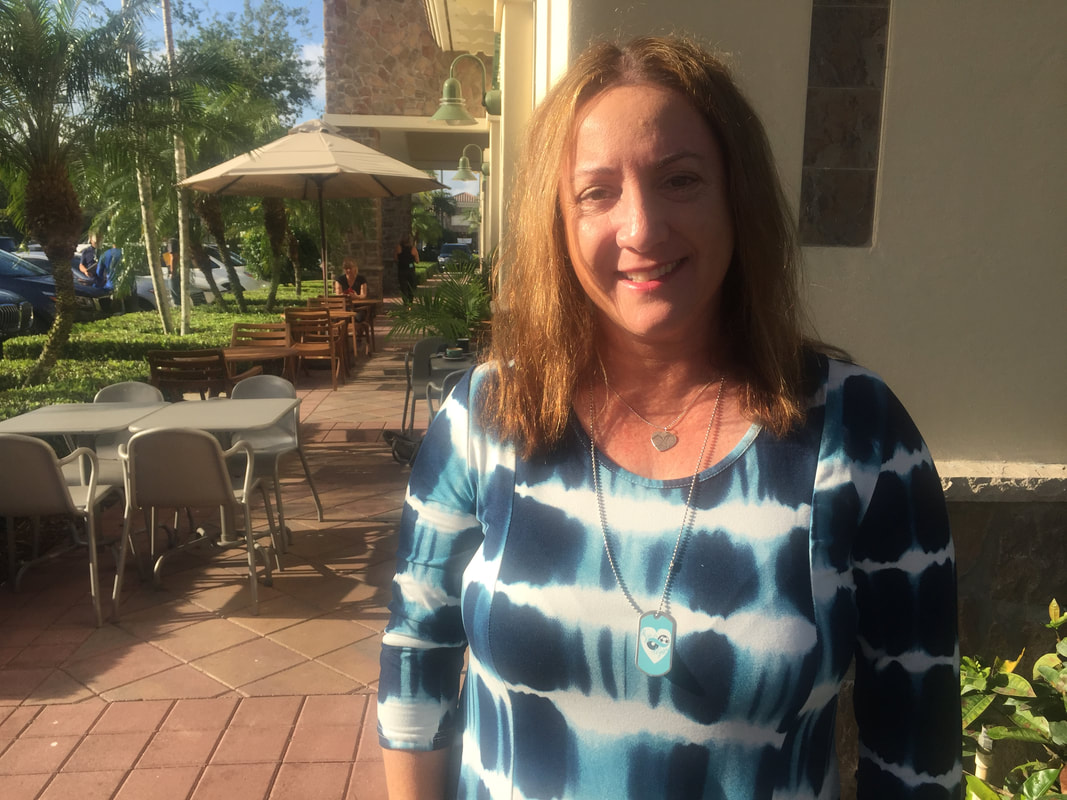
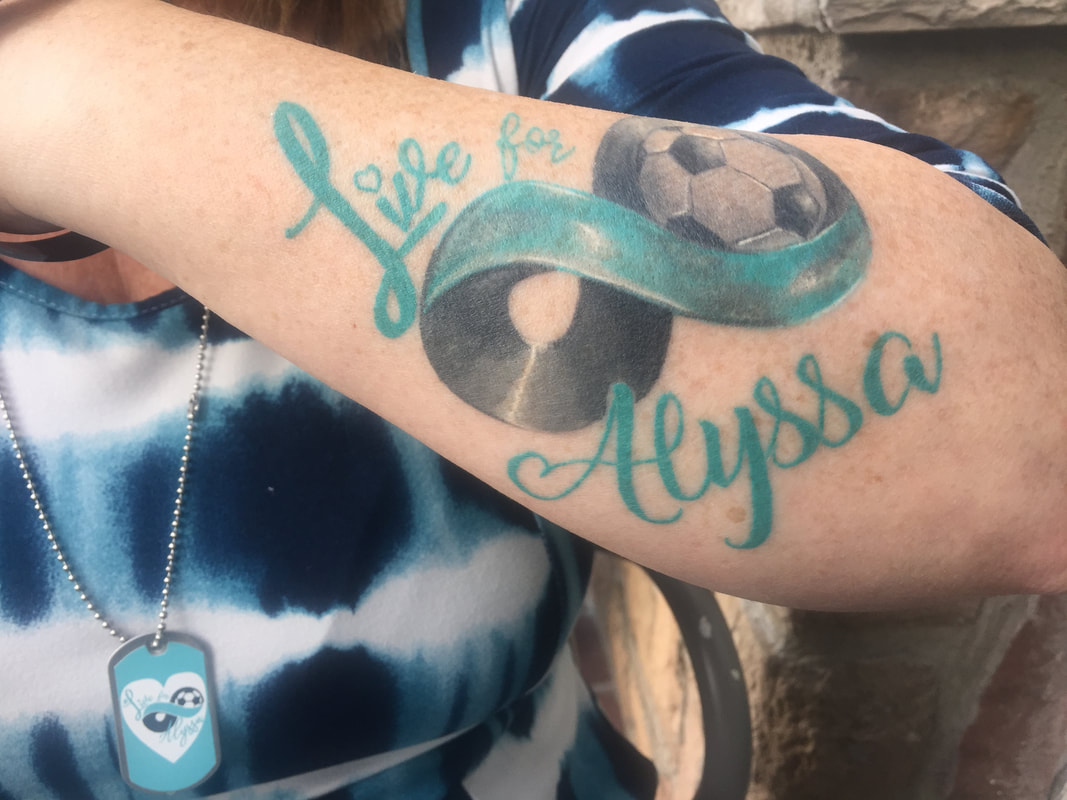
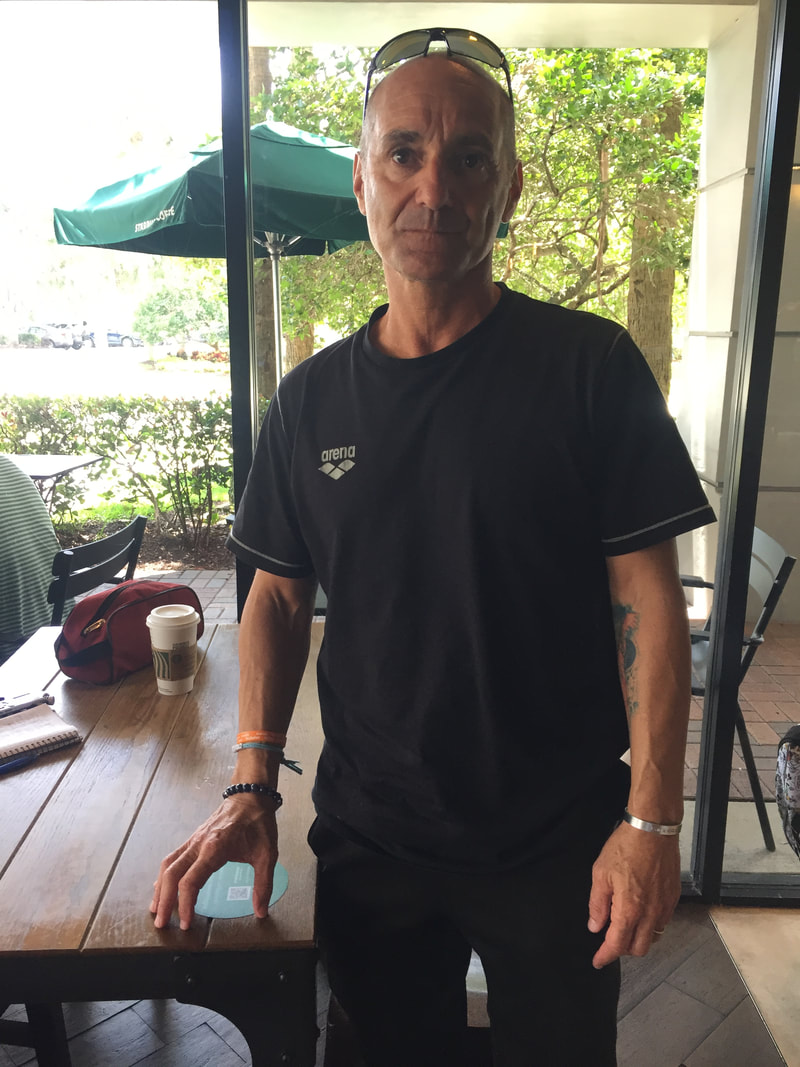
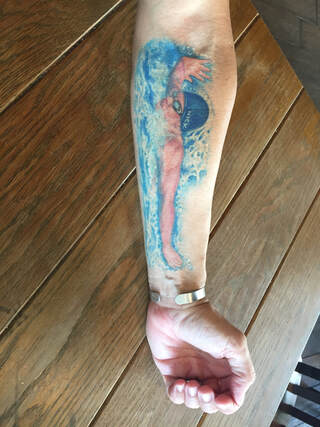
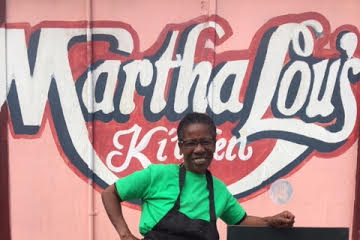
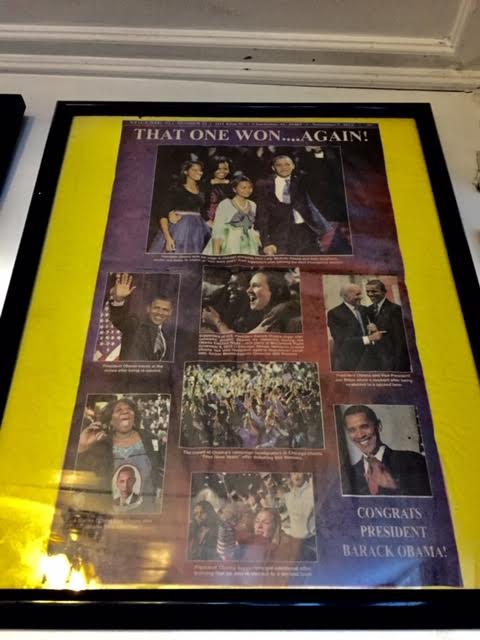
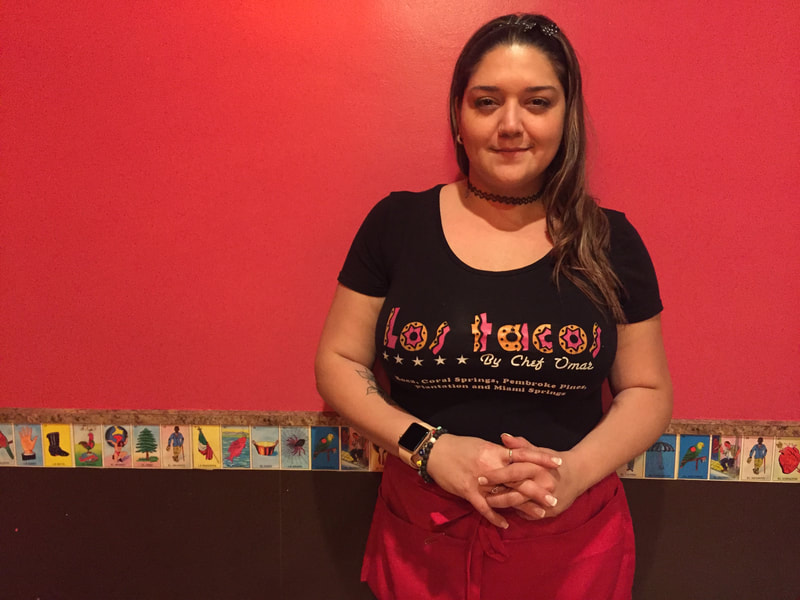
 RSS Feed
RSS Feed